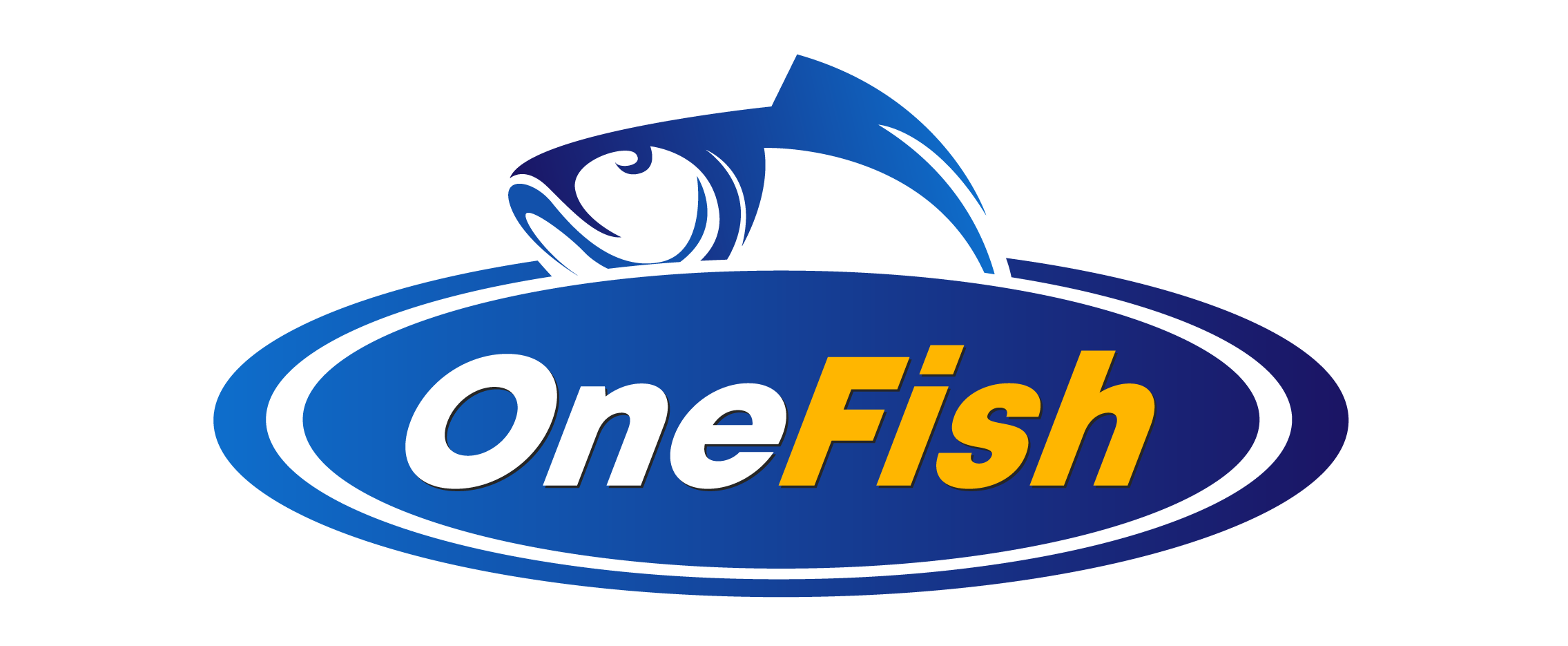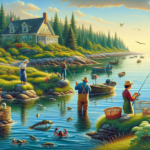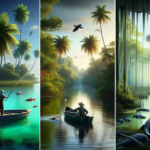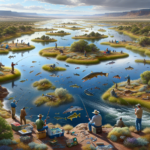Fishing in New Hampshire: Lakes, Rivers, and Coastal Waters
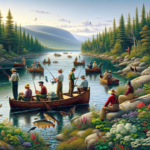
Introduction
Did you know that New Hampshire boasts over 1,300 lakes and ponds, along with 40 rivers and streams, making it a paradise for anglers? Whether you’re a seasoned fisherman or a novice looking to cast your first line, New Hampshire offers a diverse range of fishing opportunities. This article will explore the best fishing spots in New Hampshire, the techniques to use, the species you can expect to catch, and much more.
Fishing in New Hampshire is not just a pastime; it’s a way to connect with nature, enjoy the great outdoors, and even participate in local traditions and events. From the serene lakes and rivers to the bustling coastal waters, there’s something for every angler. This guide will help you navigate the rich fishing landscape of New Hampshire, ensuring you have all the information you need for a successful and enjoyable fishing experience.
Background/Context
Historical or Cultural Significance
Fishing has been an integral part of New Hampshire’s history and culture for centuries. Native American tribes, such as the Abenaki, relied on the state’s abundant water bodies for sustenance. Over time, fishing evolved from a means of survival to a popular recreational activity. Today, fishing in New Hampshire is celebrated through various events and traditions, reflecting its enduring significance.
Geographical Overview
New Hampshire is located in the northeastern United States, characterized by its diverse topography that includes mountains, forests, and a short but picturesque coastline. The state’s climate varies, with cold winters and warm summers, creating ideal conditions for different types of fishing throughout the year. The local ecosystem is rich and varied, supporting a wide range of fish species.
Key Points/Details
Fishing Techniques
Technique Overview
New Hampshire offers a variety of fishing techniques, including fly fishing, ice fishing, and saltwater fishing. Fly fishing is particularly popular in the state’s rivers and streams, while ice fishing is a winter favorite on frozen lakes. Saltwater fishing is prevalent along the coast, offering opportunities to catch larger species.
When and Where to Use
Fly fishing is best during the spring and fall when water levels are optimal. Popular spots include the Connecticut River and the Androscoggin River. Ice fishing is ideal in January and February on lakes like Lake Winnipesaukee. Saltwater fishing is best in the summer months along the Seacoast region, including Hampton Beach and Rye Harbor.
Recommended Gear
- Fly Fishing: 9-foot rod, 5-weight line, dry flies, and nymphs.
- Ice Fishing: Ice auger, tip-ups, jigging rods, and live bait.
- Saltwater Fishing: Heavy-duty rod, spinning reel, braided line, and lures like jigs and spoons.
Species Information
Species Overview
New Hampshire’s waters are home to a variety of fish species, including trout, bass, salmon, and striped bass. Each species has its own habits and preferred habitats, making fishing in the state a diverse experience.
Best Practices
For trout, use fly fishing techniques with dry flies or nymphs in rivers and streams. Bass fishing is best with spinning gear and soft plastic baits in lakes and ponds. Salmon can be targeted with trolling techniques in larger lakes like Lake Winnipesaukee. Striped bass are best caught using live bait or lures along the coast during the summer months.
Location Information
Top Fishing Spots
- Lake Winnipesaukee: Known for its large size and variety of fish species, including salmon and trout.
- Connecticut River: A prime spot for fly fishing, especially for trout and bass.
- Hampton Beach: Ideal for saltwater fishing, particularly for striped bass and bluefish.
Regulations and Licenses
Fishing in New Hampshire requires a valid fishing license, which can be purchased online or at local retailers. Regulations vary by location and species, so it’s essential to check the New Hampshire Fish and Game Department’s website for the latest rules, including catch limits and seasonal restrictions.
Seasonal Considerations
Seasonal Variations
Fishing conditions in New Hampshire change with the seasons. Spring and fall are ideal for fly fishing in rivers and streams, while summer is perfect for lake and coastal fishing. Winter offers unique opportunities for ice fishing on frozen lakes.
Best Times to Fish
The best times to fish vary by species and location. Early morning and late evening are generally the most productive times of day. For specific species, spring and fall are best for trout, summer for bass and saltwater species, and winter for ice fishing.
Events and Tournaments
Event Overview
New Hampshire hosts several fishing events and tournaments throughout the year. The Great Meredith Rotary Ice Fishing Derby in February is one of the most popular, attracting anglers from all over the region. The Hampton Beach Striper Tournament in June is another highlight, focusing on striped bass fishing along the coast.
Preparation Tips
To prepare for these events, ensure you have the appropriate gear and familiarize yourself with the event rules. Practice your techniques in advance and scout the fishing locations if possible. Staying updated on weather conditions and fish activity can also give you an edge.
Tips and Best Practices
General Tips
- Always check local regulations before fishing.
- Use the right gear for the species and location.
- Practice catch and release to support conservation efforts.
Avoid Common Mistakes
- Not checking weather conditions before heading out.
- Using inappropriate gear for the target species.
- Ignoring local fishing regulations and catch limits.
Advanced Techniques
- Mastering the double haul cast for fly fishing.
- Using electronic fish finders for ice fishing.
- Employing trolling techniques for lake fishing.
Gear and Equipment Recommendations
Essential Gear
- Fishing rod and reel appropriate for the target species.
- Fishing line, hooks, and lures or bait.
- Fishing license and regulation guide.
Optional Gear/Upgrades
- Fish finder or sonar device.
- High-quality waders for river fishing.
- Portable ice shelter for ice fishing.
Where to Buy or Rent
Local shops like Kittery Trading Post and Bass Pro Shops offer a wide range of fishing gear. Online retailers such as Amazon and Cabela’s also provide extensive selections. For rentals, check local bait and tackle shops near popular fishing spots.
Safety and Conservation
Safety Tips
- Always wear a life jacket when fishing from a boat.
- Be aware of weather conditions and avoid fishing during storms.
- Carry a first aid kit and know basic first aid procedures.
Conservation Practices
- Practice catch and release to help maintain fish populations.
- Respect local wildlife and habitats.
- Follow all fishing regulations and guidelines.
Planning Your Trip
Accommodations
New Hampshire offers a range of accommodations near popular fishing spots, from campgrounds and cabins to hotels and resorts. Lake Winnipesaukee has numerous lakeside lodges, while the Seacoast region offers beachfront hotels and inns.
Travel Tips
New Hampshire is easily accessible by car, with major highways connecting key fishing areas. The Manchester-Boston Regional Airport serves as the primary airport for the state. Renting a car is recommended for exploring remote fishing spots.
Additional Activities
In addition to fishing, New Hampshire offers hiking, boating, and wildlife watching. The White Mountains provide excellent hiking trails, while the Lakes Region is perfect for boating and water sports. The Seacoast region offers beautiful beaches and coastal activities.
Frequently Asked Questions (FAQs)
Do I need a fishing license in New Hampshire?
Yes, a valid fishing license is required for all anglers aged 16 and older. Licenses can be purchased online or at local retailers.
What are the best times of year to fish in New Hampshire?
The best times vary by species and location. Spring and fall are ideal for trout, summer for bass and saltwater species, and winter for ice fishing.
Can I fish in New Hampshire’s coastal waters?
Yes, New Hampshire’s short coastline offers excellent saltwater fishing opportunities, particularly for species like striped bass and bluefish.
Conclusion
Fishing in New Hampshire offers a diverse and rewarding experience for anglers of all skill levels. From the tranquil lakes and rivers to the dynamic coastal waters, there’s something for everyone. By understanding the best techniques, species, and locations, you can make the most of your fishing adventures in this beautiful state. So grab your gear, get your license, and head out to explore the rich fishing opportunities that New Hampshire has to offer.
Whether you’re looking to catch your first trout, participate in a local tournament, or simply enjoy a day on the water, this guide provides all the information you need to plan a successful fishing trip. Happy fishing!
